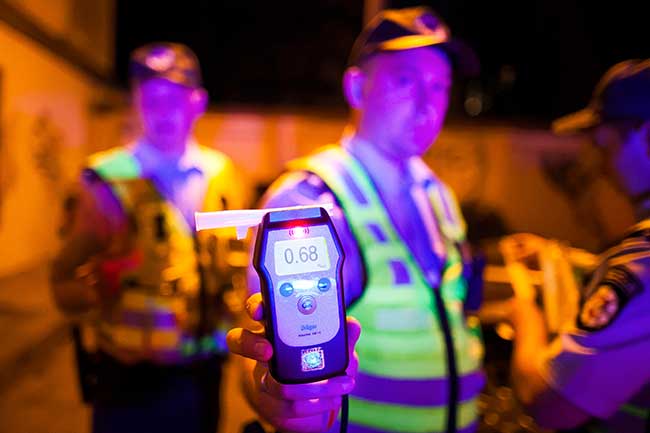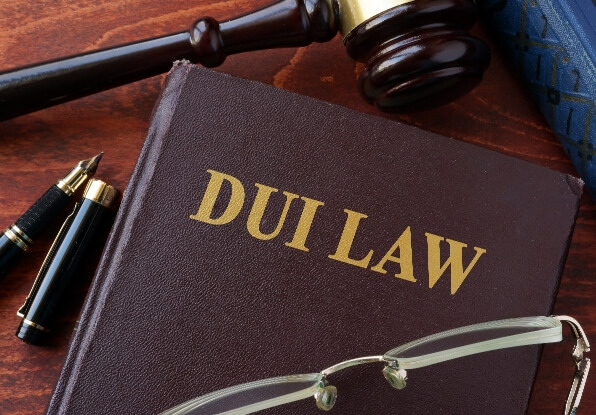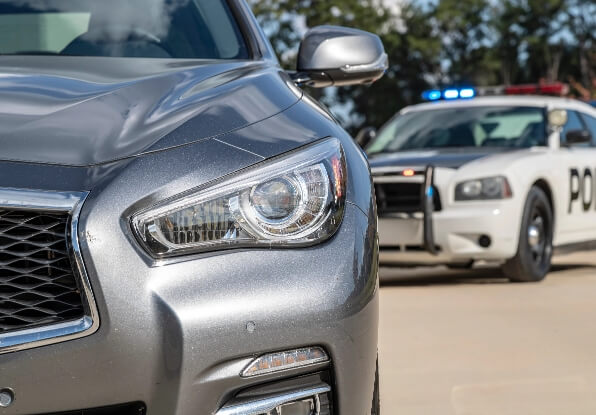Are you a resident of Calgary or the surrounding area who has been charged with an impaired driving offence? If so, Batting, Wyman Barristers can help. Our team of experienced DUI lawyers in Calgary can provide you with the strong legal representation you need to generate the best possible defence.



Impaired driving laws have changed a great deal over the last few years. Recent Criminal Code amendments have made obtaining a conviction easier for the Crown. However, the penalties, should a conviction result, have also increased. Given the technical nature of impaired driving prosecutions, it is imperative that an individual hire counsel with experience in this arena. Impaired driving cases are one of the main focuses of our practice. We have conducted hundreds of such trials and are in court weekly defending clients. Consequently, we are incredibly well-versed in the arguments needed to obtain an acquittal.
Once retained, our office obtains the Crown disclosure material. This constitutes the prosecution’s case and includes the officer notes, Intoxilizer maintenance records, and relevant media. Once this is acquired, we meticulously evaluate the officer’s investigation, searching for irregularities. At trial, these deficiencies are then exposed.
When an individual is arrested for impaired operation of a motor vehicle, they are taken to the nearest police detachment to provide breath samples. Once at the station, the breath technician’s role is to collect the evidentiary breath samples. This is accomplished by the client blowing into an Intoxilizer, which produces their Blood Alcohol Concentration (BAC). Should their BCA exceed .08 grams of alcohol in 100 ml of blood, a charge will be laid. Like all Criminal Code offences, the client is presumed innocent until proven guilty.
That said, when an individual is charged with an impaired driving offence, provincial legislation requires that their vehicle be impounded, and their license be suspended for 90 days. The impoundment costs are considerable; however, the immediate driving prohibition is often our client’s biggest concern at the outset. Given the time requirements, our office’s priority is appealing the license suspension. Impaired driving prosecutions are primarily based on the quality of the officer’s investigation.
The cases often focus on the Certificate of Analyst (the document generated from the Intoxilizer, which shows the individual’s BAC) and whether it is admitted into evidence. It is the defence lawyer’s role to seek exclusion of this document. This can be achieved by constitutional Charter arguments or through non-compliance with the relevant Criminal Code provisions.





An IRS, or Immediate Roadside Sanction, is when a driver has their licence suspended due to a drug or alcohol-related impaired driving allegation. Such sanctions are regulated by the Immediate Roadside Suspension Program that was implemented Alberta-wide on December 1, 2020.
The duration and class of suspension is based on your licence category and the police roadside screening results.
There are five different sanctions:
In addition, you may obtain a criminal DUI charge with the IRS. The criminal charge impositions may depend on the following:
Your IRS and any criminal proceedings you face are separate and distinct. The decisions made via criminal courts concerning the related criminal charges have no influence on your provincial licence suspension.
